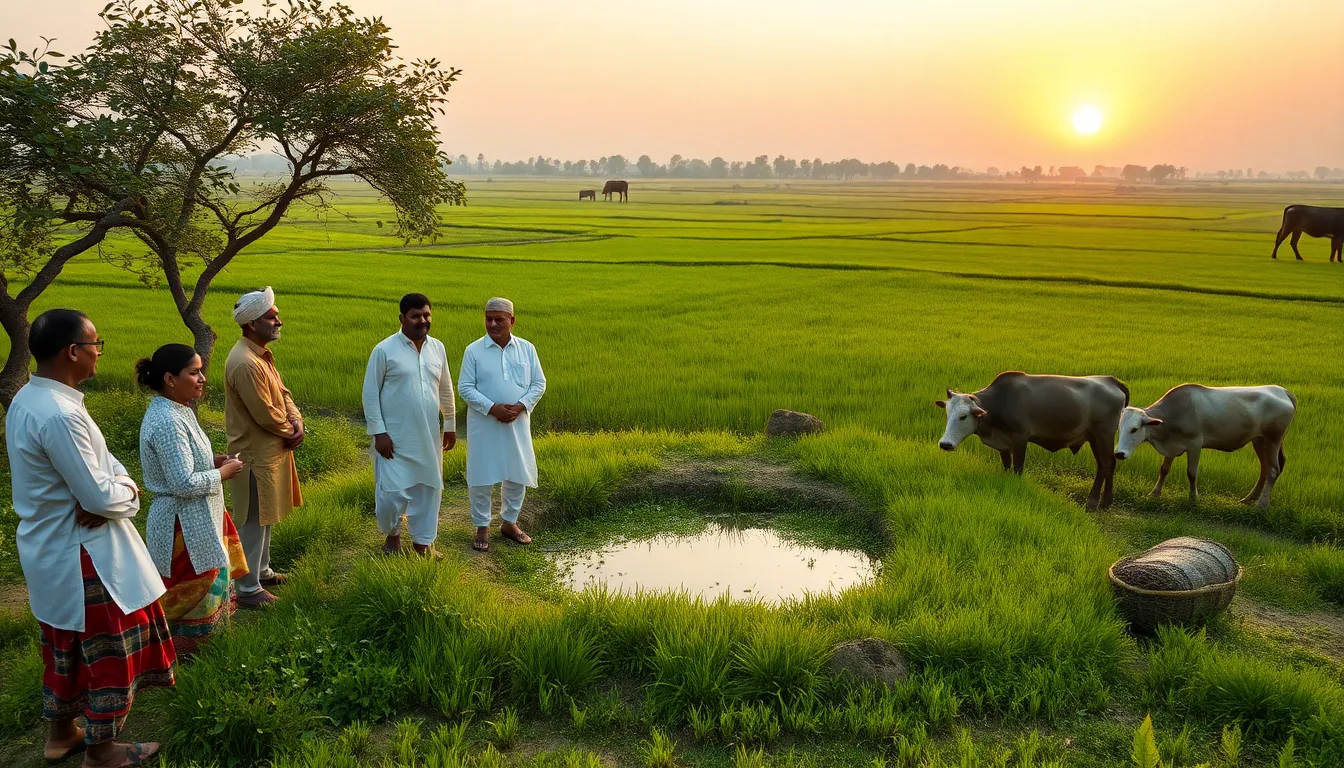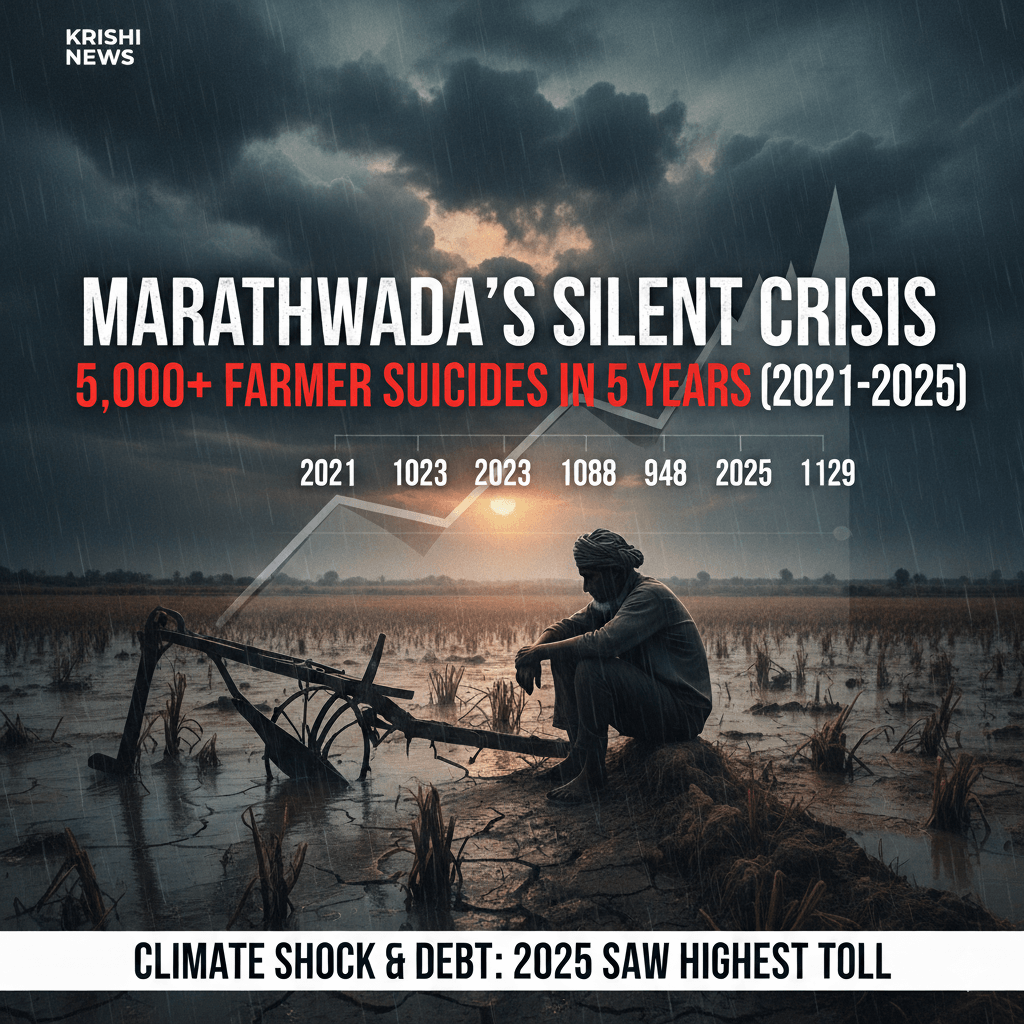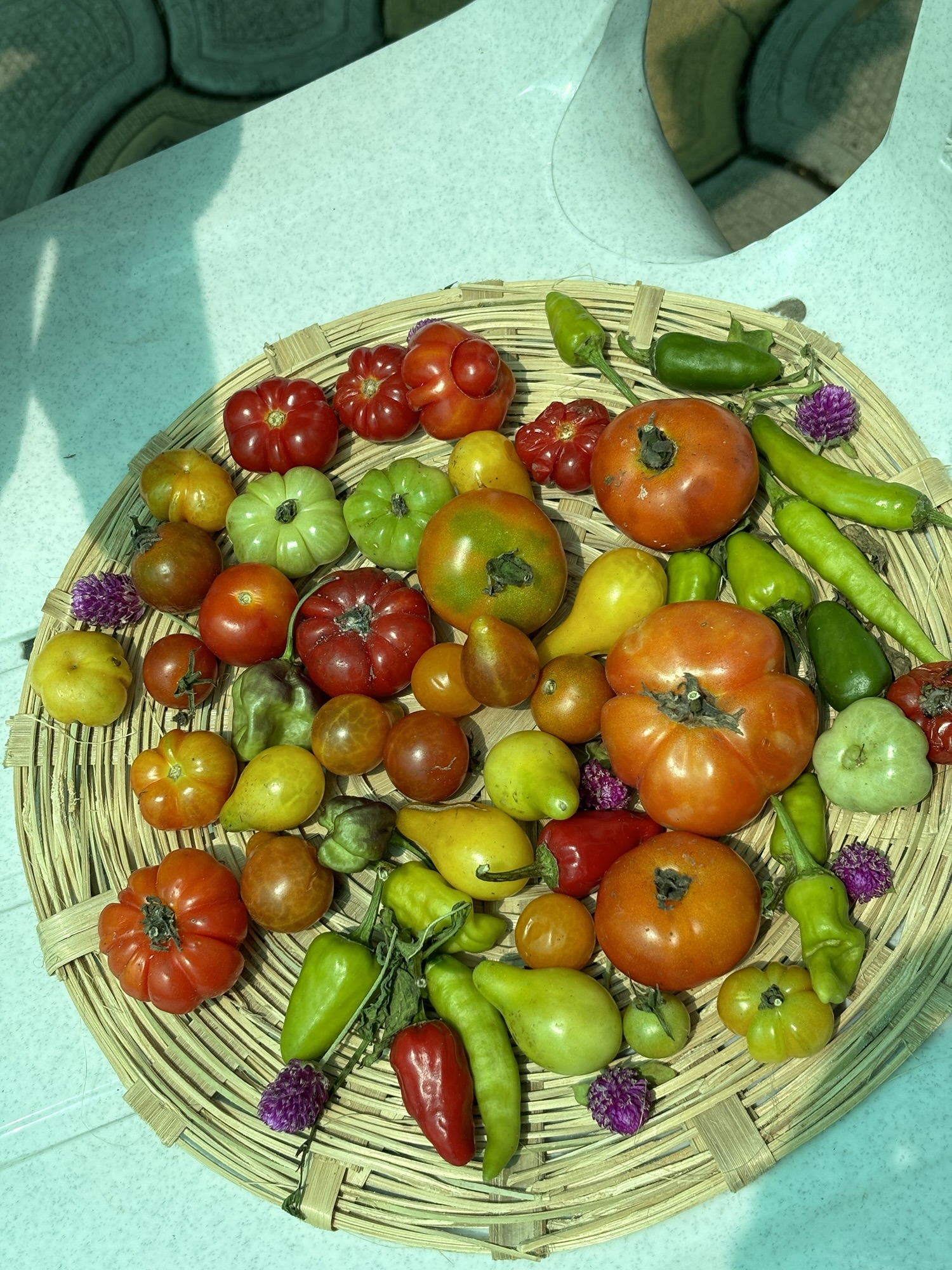Every year, over 11 million tonnes of plastic waste enter our waters. This pollution harms both the environment and human health. On World Environment Day 2025, the global community unites to fight this crisis under the theme #BeatPlasticPollution.
World Environment Day will be celebrated on June 5, 2025, and will focus on ending plastic pollution. The Republic of Korea will host this year’s celebrations. This event aims to raise awareness and encourage everyone to find solutions to this urgent issue.
Plastic pollution is not just an environmental problem; it also has serious economic impacts. The annual cost of plastic pollution is estimated between $300 billion and $600 billion. While the situation seems dire, experts say it is one of the most fixable challenges we face today. The goal is to refuse, reduce, reuse, recycle, and rethink how we use plastic.
This year’s theme, “Together we can beat plastic pollution,” highlights the importance of women’s leadership in the fight against this crisis. Women play a significant role in advocating for a clean and sustainable environment. They are often at the forefront of community efforts to tackle pollution and promote sustainable practices.
For example, in Rwanda, women have led a national ban on plastic bags. They have developed alternatives and established local recycling programs. Such initiatives showcase how community-led actions can accelerate progress toward sustainability and gender equality.
UN Women is calling for urgent action to address the triple threat of climate change, biodiversity loss, and pollution. Women and girls, especially those in informal sectors like fisheries and tourism, are disproportionately affected by plastic pollution. It contaminates their water, threatens their livelihoods, and poses serious health risks.
Former Miss World and environmental advocate Dia Mirza has joined the call to action. She has spoken out about the health impacts of microplastics, which have been found in our blood and even in unborn babies. Dia stopped using plastic bottles ten years ago, opting for a refillable metal bottle instead. She encourages others to make similar small changes to help reduce plastic waste.
In her Instagram posts, Dia Mirza shares, “We are living through a crisis—not just of pollution, but of wasteful consumption.” She highlights the importance of making better choices and inspiring others to do the same. Her commitment to avoid single-use plastics has prevented over 10,000 plastic bottles from entering the environment.
The impact of plastic pollution is evident not just in our health but also in marine ecosystems. A recent video from the UN Secretary-General Antonio Guterres highlighted the dire effects of plastic on marine life. The Two Oceans Aquarium in South Africa has created awareness around this issue by displaying plastic waste that has harmed sea turtles. Visitors can see how turtles mistake plastic bags for jellyfish, leading to fatal consequences.
Statistics reveal that 11 million tonnes of plastic enter aquatic ecosystems every year, and without intervention, this could increase significantly by 2060. Experts recommend adopting a circular economy model that focuses on reducing, reusing, and recycling plastics. This approach could potentially cut ocean plastic flow by 80% by 2040 while saving billions of dollars globally.
As we approach World Environment Day 2025, it’s vital for everyone to be part of the solution. Collectively, we can make a difference. Let us commit to changing our habits and advocate for sustainable practices. Together, we can protect our planet for future generations. Let us not only celebrate the earth but also take action to preserve it. This World Environment Day, let’s join hands and work towards beating plastic pollution.





